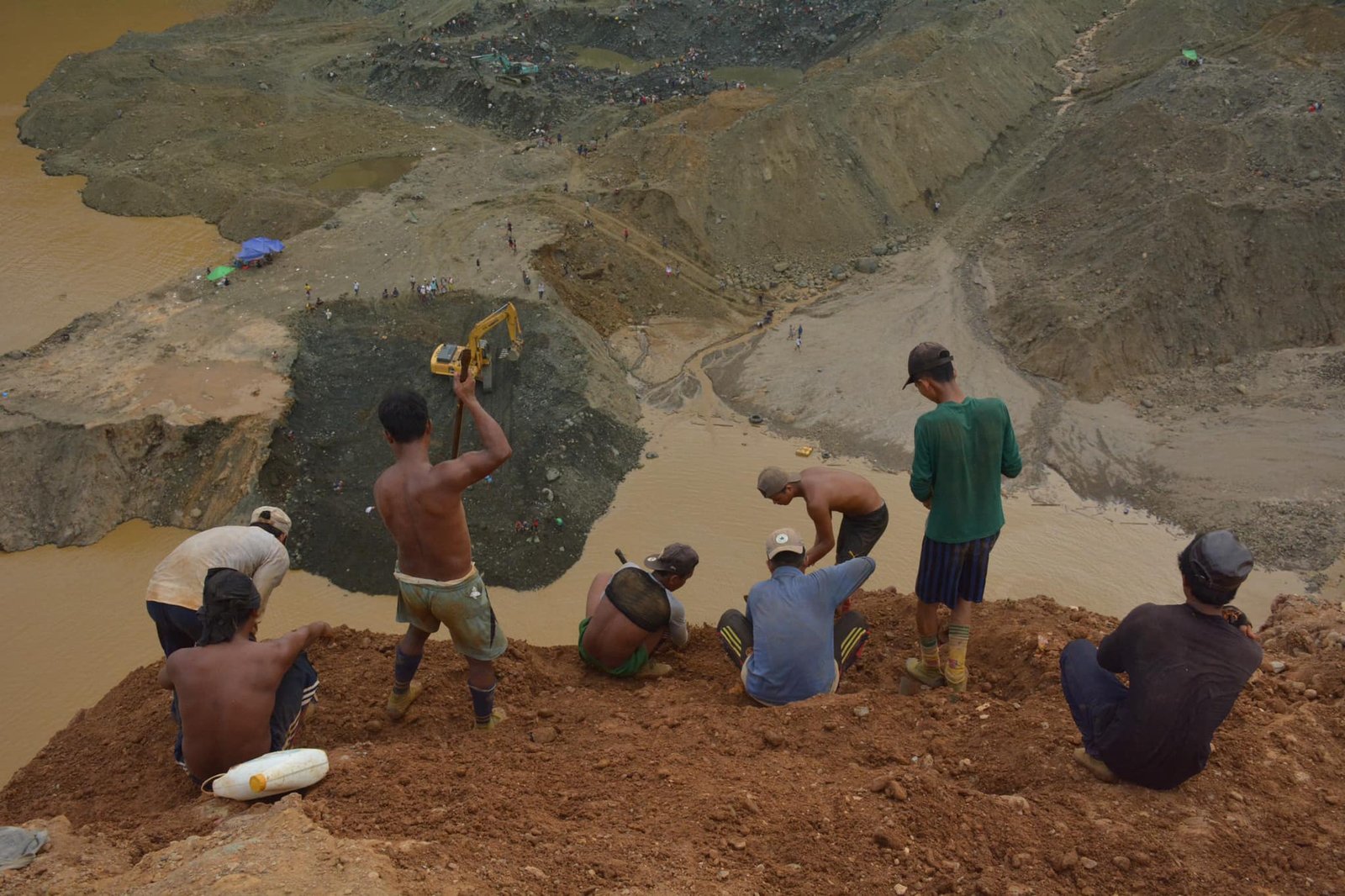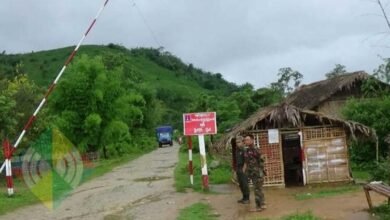Govt Proposes Resettlement for Hpakant’s Domestic Migrant Workers

Representatives of the Kachin State government and the Union’s Social Welfare, Relief and Resettlement Ministry discussed a possible resettlement program for domestic migrant workers in the Hpakant area in a meeting in Myitkyina on Monday.
Also on the agenda were talks on anti-drug activities and enforcing rule of law in the region, with a draft project plan for any future activities to be submitted by July 17.
In attendance were Dr. Win Myat Aye, the Union’s social welfare minister; U Ohn Win, the Union’s natural resources and environmental minister; and members of the Kachin State government and the religious community.
Secretary of the Kachin Baptist Convention (KBC) Rev Tuu Mai said that even though Kachin religious leaders attended the whole meeting, they only participated in discussions around curbing drug use in Hpakant.
“Representatives of KBC and the RC [Roman Catholic Church] discussed anti-drug activities because we are currently working on it,” he told KNG, adding that they only “listened” to the discussion on the resettlement of domestic migrant workers.
Many Kachin politicians and civil society members criticized the proposed resettlement project as inappropriate and ill-timed.
“A national level political dialogue is yet to start in Kachin State, and they didn’t ask for agreement from indigenous Kachin people before they started this project,” Kuan La, chair of the Kachin National Congress Party said of the proposed resettlement. “If they want to work for federalism, we can not accept this. I think they want to control the political power in the coming 2020 general elections,” he said, speculating that the government’s motivation to move the domestic migrant community might be to change the demographics elsewhere.
The Kachin National Congress party called for a halt to the project in question and sent an open letter to the Office of the President, and the ministries of home affairs and social welfare, relief and resettlement.
According to the much-contested 2014 census, there are 312,528 people from 33,128 families living in Hpakant. Locals say there are well over 100 villages in Hpakant but the home affairs ministry reportedly only recognizes 54 of these villages.
Currently, there are an estimated 400,000 people living in Hpakant, including jade pickers who have moved to the area from across Burma.




